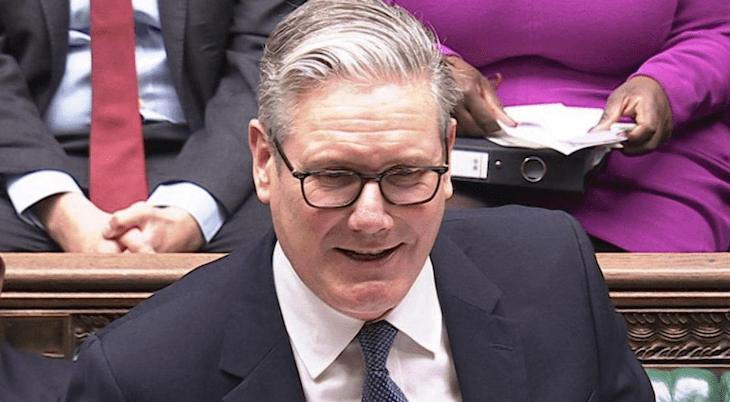The threat by the Chinese company Jingye to close down Britain’s last two blast furnaces, in spite of the offer of help from the government, is yet more reminder of the perils of doing business with a potentially hostile state. Whatever the motives for Chinese companies to get involved in the running of critical UK infrastructure, there is a threat that they will wield their power in ways that are not helpful to UK energy and industrial security – to put it mildly.
Yet none of this seems to have deterred Ed Miliband last month when he visited Beijing and – it now emerges – signed a ‘clean energy partnership’ with the Chinese government. While the agreement does not formally commit Britain to buy anything or do anything, it is a document that paves the way to greater Chinese ownership and involvement in critical energy infrastructure.
We are back in the days of David Cameron and George Osborne, when Chinese money was welcomed with open arms, and without much in the way of questions over the wisdom of it. Chinese money was going to build Hinkley Point C while Huawei was going to build much of our 5G network. Both those projects were later unwound when the implications were reconsidered – although it took an extraordinary amount of time. Chinese involvement in Hinkley initially survived a review by Theresa May’s government. Huawei was eventually removed from building our 5G network, but it took a warning from the Americans first, who said they would no longer be prepared to share certain intelligence with the UK if they could no longer be sure that the Chinese government would not have access to it as well.
Are we now going to have to go through the same with green energy? The potential for a hostile state to interfere with our vital infrastructure ought to be obvious. Everything is essentially now connected. Power stations and electricity grids are no longer isolated pieces of kit but cogs in a global network which are open to cyber attack. That threat exists anyway – but it is far greater if your potential enemy actually built the system.
The irony is that Ed Miliband has been trying to sell us his green energy policy on the promise that it will bring us greater energy security. He keeps telling us that our reliance on gas puts us at the mercy of ‘fossil fuel dictators’ who set the gas price. That isn’t quite true; the biggest producer of oil and gas is now the US. Opec has a lot less power than it had in the 1970s. But Miliband seems to have a complete blind spot when it comes to renewable energy. He is quite happy for us to be reliant on Chinese wind turbines and Chinese solar panels – refusing even properly to deal with the problem of forced labour in the supply chain for China’s solar panel industry.
When it comes to net zero, normal rules do not seem to apply. Valid considerations are pushed aside in the name of reaching Britain’s net zero target. The Chinese government has not been slow to recognise this weakness in our defences. It isn’t so much fossil fuel dictators we have to worry about, as the great green autocracy which is using our net zero commitments to weasel its way into a position where it could seriously compromise our infrastructure.









Comments